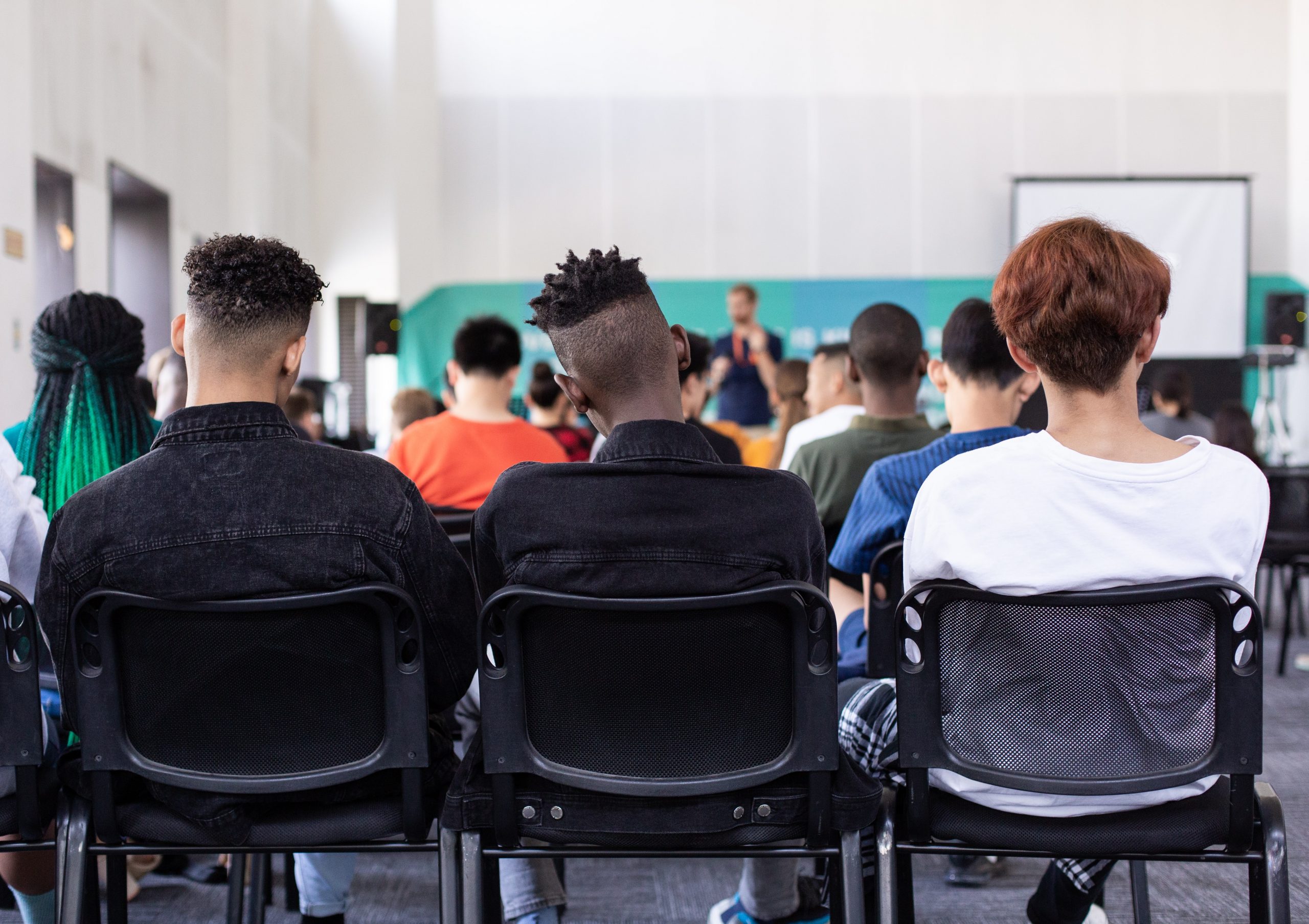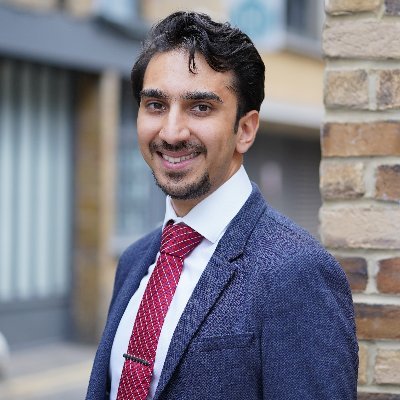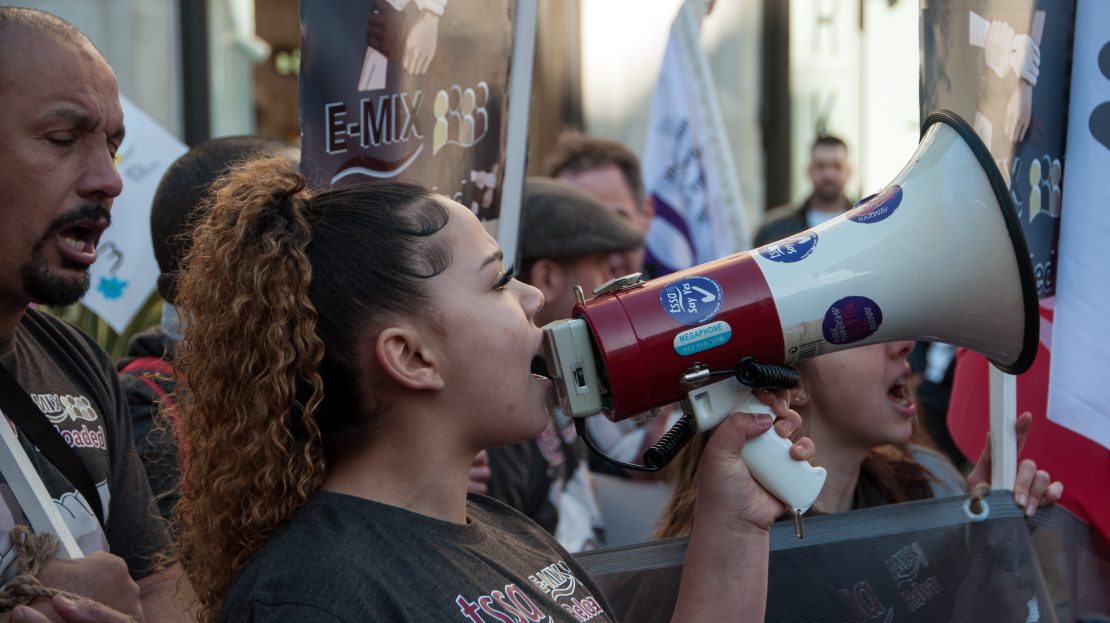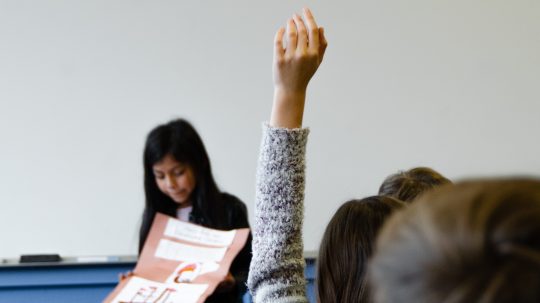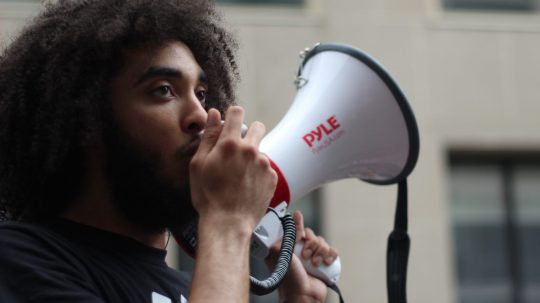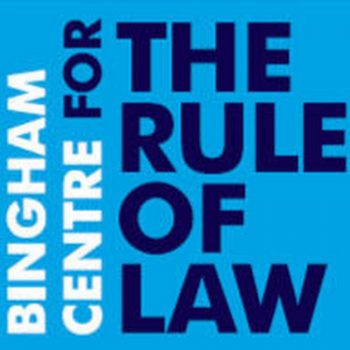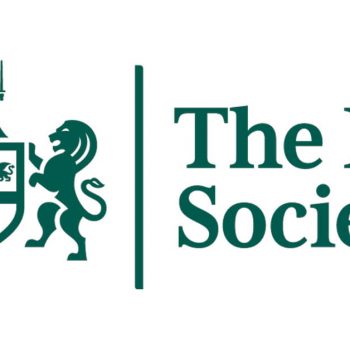TRIGGER WARNING: Please note this piece contains references to invasion of privacy and degrading treatment which some readers may find triggering.
Lord Neuberger, once the President of the Supreme Court of the United Kingdom, has previously said that he believes we live “in an increasingly complex world and an increasingly unfair world”. He rightly points out that “there are more and more rules, regulations, more and more paper, whether you look at the criminal law, the civil law, whether you look at housing regulations, whether you look at social security regulations, whether you look at what councils require of you, whether you look at criminal law; it is all very complicated, and increasingly so”.
What Lord Neuberger says is undoubtedly true, between 2017 – 2019, 47 bills received Royal Assent from both houses of parliament. This means that new laws were made or existing ones altered at least 47 times across those two years. Some of those might have been very minor but more recent proposals, such as those under the Police, Crime, Sentencing and Courts Act 2022, are much more significant in their interactions with our fundamental rights.
Your rights explained
All legal rights are important and what is most important to a person will vary from moment to moment. For example, if someone has been arrested by the police and is being prosecuted for a criminal offence, then their right to liberty and a fair trial will be at the forefront of their mind. If someone is being persecuted or otherwise discriminated against because of their religious beliefs then their rights to freedom of expression and freedom of thought, belief and religion will be the ones that they will be most grateful for at that time.
The Human Rights Act 1998 (HRA) gives a helpful framework that represents the basic backbone of all the rights that people in the United Kingdom enjoy. It gives effect to a document that has been agreed upon by a group of nations called the European Convention on Human Rights (ECHR).
These are your basic human rights, which are protected under the HRA:
- Article 2: Right to life
- Article 3: Freedom from torture and inhuman or degrading treatment
- Article 4: Freedom from slavery and forced labour
- Article 5: Right to liberty and security
- Article 6: Right to a fair trial
- Article 7: No punishment without law
- Article 8: Respect for your private and family life, home and correspondence
- Article 9: Freedom of thought, belief and religion
- Article 10: Freedom of expression
- Article 11: Freedom of assembly and association
- Article 12: Right to marry and start a family
- Article 14: Protection from discrimination in respect of these rights and freedoms
- Protocol 1:
- Protocol 13:
While the law can be, as Lord Neuberger says, increasingly complex and detailed in its execution, they must all make sure that the rights set out in the Human Rights Act are respected. Understanding those rights will enable anyone to question whether they are being treated correctly and to know that if they aren’t they can take that person or company or state body to Court for compensation.
It is clear from recent events that state bodies of all different kinds sometimes do things that are not in keeping with their responsibilities under the Human Rights Act, which highlights why legal education is vitally important.
In partnership with The Bingham Centre, Eachother have made a brand new series of videos which explores just that, the importance of public legal education for young people, particularly as it relates to the Rule of Law.
Child Q – Stop and Search
In March 2022 a 15-year-old girl was taken out of an exam at school and strip-searched by two female police officers who suspected that she might have cannabis in her possession.
In the case of Child Q, schoolteachers had reported that the 15-year-old student had previously been seen ‘hanging out’ with other students who had previously possessed Cannabis (illegal under the Misuse of Drugs Act 1971) and that Child Q, ‘smelt of cannabis at the time’ and had ‘on two previous occasions at school’. The police considered this as ‘reasonable suspicion’ and removed her from her exam, took her to a private room elsewhere in the school and ordered her to take off her underwear, exposing her genitals and to submit to a search of her intimate areas.
The adults involved in this incident might have breached a number of Child Q’s rights under the Human Rights Act (HRA), including her right to freedom from degrading treatment (article 3), her right to liberty and security (article 5), her right to respect for her private life (article 8), her right to education (article 2), and her right to protection from discrimination (article 14). Her treatment might also have trampled rights she ought to enjoy under the UN Convention on the Rights of the Child and under the Equality Act.
It was found, in a subsequent safeguarding report, that these actions by the police were wrong. The police were wrong to progress straight to a strip search without first attempting other methods. Secondly, the police broke safeguarding measures by not having a chaperone present or informing her next of kin.
This case clearly shows the danger posed by only a piecemeal understanding of the law by people who should be safeguarding young peoples rights. While the teachers and police officers clearly understood that possession of cannabis was illegal Child Q’s human rights were disregarded.
In this case in particular there was detailed guidance on intimate searches that wasn’t followed and key internal school guidance about informing parents when the police were called to deal with students that weren’t followed – but it is abundantly clear that better legal education for all the professionals and adults involved in that situation would have led to that child avoiding such a damaging and humiliating incident.
While it is not a child’s, or any survivor’s responsibility to try and reason with the person violating their rights, by educating a child about their rights, they are then able to inform a family member, carer, friend, or a trusted adult that something has happened to them.
We hope that no child is subjected to a violation of their rights on this scale. However, we know that cases like Child Q’s happen and we want children and teenagers to be aware of their rights so that they can safeguard themselves and each other. It is a sad reality that this measure falls on individuals to actively attempt to defend and protect their basic human rights from people, often in positions of authority.
Next Moves
Child’s Q case is an example that children’s rights can and are violated and that all too often the rights of young people are not taken seriously, let alone protected. However, equipped with the relevant knowledge and properly supported by trusted individuals, they may be able to achieve justice.
Leducate is a charity that is dedicated to making an understanding of legal rights and responsibilities commonplace amongst everyone in England & Wales. Leducate’s first step is to bring a comprehensive curriculum of legal education into schools so that every student leaving school can have a good baseline of understanding of what their rights are and give them the confidence to be able to enforce them effectively. Whether that’s against the government, against a rogue landlord or a big corporation – without knowing your rights you can’t use them. Leducate passionately believes that legal education is the level through which everyone can better engage with the legal landscape that, as Lord Neuberger says, is becoming more and more complex every day. But, as is shown above, if one can understand the basic skeleton of the core rights, we all enjoy – it becomes much easier to protect yourself and potentially others.
The views expressed in this article are those of the author and do not necessarily reflect the views of EachOther.

